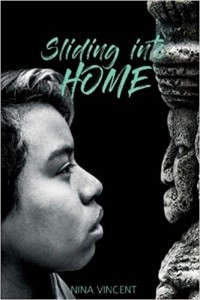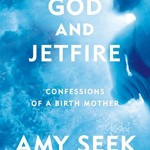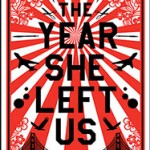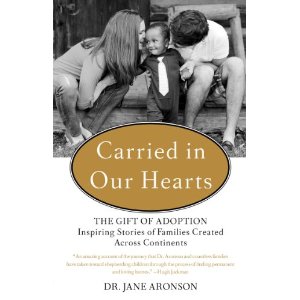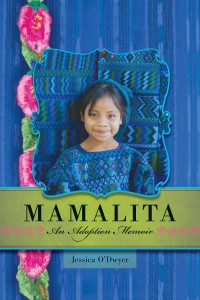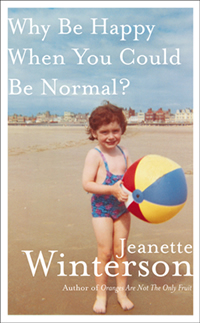 Two recent posts focusing on essays by people who are adopted—On Being a Super Adoptee and Learning by Listening: What is Adoption Savior Syndrome?—got me remembering Jeanette Winterson’s outstanding memoir, Why Be Happy When You Could Be Normal?
Two recent posts focusing on essays by people who are adopted—On Being a Super Adoptee and Learning by Listening: What is Adoption Savior Syndrome?—got me remembering Jeanette Winterson’s outstanding memoir, Why Be Happy When You Could Be Normal?
Winterson was born in Manchester, England in 1959, and adopted soon after by a zealously religious and bigger-than-life mother she refers to as “Mrs. Winterson.” (There’s a Mr. Winterson, as well, but it’s the Mrs. who looms large.) I first learned about Why Be Happy When You Can Be Normal? when the New York Times Book Review featured it on the front cover. Since then, the book has won several major literary awards and been featured on countless “Top Ten” lists.
I’ll be honest: for me as an adoptive parent, the book started as a tough read. Here are the opening paragraphs:
When my mother was angry with me, which was often, she said, ‘The Devil led us to the wrong crib.’
The image of Satan taking time off from the Cold War and McCarthyism to visit Manchester in 1960 – purpose of visit: to deceive Mrs Winterson – has a flamboyant theatricality to it. She was a flamboyant depressive; a woman who kept a revolver in the duster drawer, and the bullets in a tin of Pledge. A woman who stayed up all night baking cakes to avoid sleeping in the same bed as my father. A woman with a prolapse, a thyroid condition, an enlarged heart, an ulcerated leg that never healed, and two sets of false teeth – matt for everyday, and a pearlised set for ‘best’.
I do not know why she didn’t/couldn’t have children. I know that she adopted me because she wanted a friend (she had none), and because I was like a flare sent out into the world – a way of saying that she was here – a kind of X Marks the Spot.
She hated being a nobody, and like all children, adopted or not, I have had to live out some of her unlived life. We do that for our parents – we don’t really have any choice.
She was alive when my first novel, Oranges Are Not the Only Fruit, was published in 1985. It is semiautobiographical, in that it tells the story of a young girl adopted by Pentecostal parents. The girl is supposed to grow up and be a missionary. Instead she falls in love with a woman. Disaster. The girl leaves home, gets herself to Oxford University, returns home to find her mother has built a broadcast radio and is beaming out the Gospel to the heathen. The mother has a handle – she’s called ‘Kindly Light’.
I wondered “Is every adoptive parent wacky? Or only the ones we hear about?” But I kept reading, adhering to my mantra of What can I learn from this?. I’m so glad I did, because I learned a lot. While the book jacket says, “This memoir is the chronicle of a life’s work to find happiness,” and most reviewers focused on the conflict between an identity-seeking Jeanette and the overbearing Mrs. Winterson, in fact, the story reveals volumes about the complexity of adoption, a theme evident perhaps only to those of us involved in the subject.
Without giving away too much, I’ll say that Jeanette searches for and finds her biological mother, Ann. Afterwards, she makes an observation that strikes me as utterly profound, among her many profound observations:
I think she would like me to let her be my mother. I think she would like me to be in touch regularly. But whatever adoption is, it isn’t an instant family—not with the adoptive parents, and not with the rediscovered parents.
Again, not an easy read (for me, anyway), but a worthwhile one. Gorgeously written, too.


 ShareThis
ShareThis
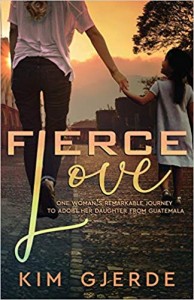



 ShareThis
ShareThis